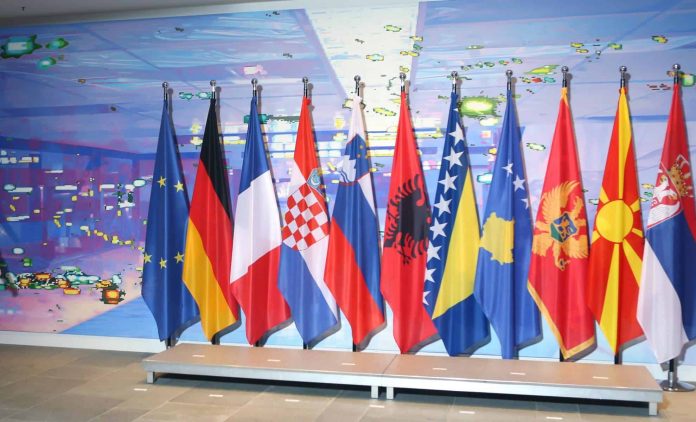Discussions around potential EU enlargement no longer involve Ukraine and the Western Balkans, although the bloc’s leaders gathered in Granada, Spain, on October 6 to discuss migration and the admission of new countries – European Council on Foreign Relations.
Although the EU has already granted Ukraine candidate status in June 2022, the European Council is expected to vote on whether to start formal accession talks on December 15. However, the last summit showed that the EU is not just considering accepting new members, but is moving towards a radical “reinvention”.
The first milestone on the road to rethinking is the transition from a peace project to a military bloc: European leaders will have to reckon with military conflicts by uniting and developing their own military capabilities if they do not want to depend on supplies of ready-made equipment from countries such as the United States and South Korea.
The issue of military reconceptualisation is closely linked to the debate on the bloc’s enlargement, as it is now necessary to consider not only the national borders of member states, but also to define the boundaries of the bloc’s sphere of influence, so that states such as Ukraine and Moldova are not seen as buffer countries between the EU and Russia.
The second stage of rethinking is the bloc’s economic policy. The European Union has always presented itself as a transformative force of economic interdependence, turning former adversaries into allies through mutually beneficial deals.
But now as the economy is increasingly becoming a lever of pressure, transforming from an economic tool to a political one, the Union needs to develop self-sufficiency to weaken its dependence on Russia’s energy resources and China’s important manufacturing goods.
It is worth noting that achieving full self-sufficiency is not possible. Instead, the bloc needs to focus on “strategic autonomy” and the development of diverse relations with multiple partners in order to have alternative solutions in cases of economic pressure.
However, this approach is not feasible because the problems of one member state inevitably entail a series of other challenges. For example, the grain crisis caused by the war in Ukraine generated many disputes, led to negative consequences and a colder attitude towards Ukraine on the part of Poland and some other countries.
Although Poland is a strong supporter of Ukraine’s accession to NATO, accepting the latter would ruin Polish farmers, causing resentment among the population, with Poland itself likely to risk becoming a donor to the EU budget.
Europe is on the threshold of a new era, where the current situation is reminiscent of the years after the Cold War, when the question of enlargement or integration of the bloc was debated. Having chosen both options, leaders faced chaos in the Balkans, problems with adopting budgets and an unprecedented migration crisis.
If the European project intends not just to survive but to thrive, the EU needs to focus on deepening its integration, internal cohesion and resolving conflicts between countries on mutually beneficial terms.
